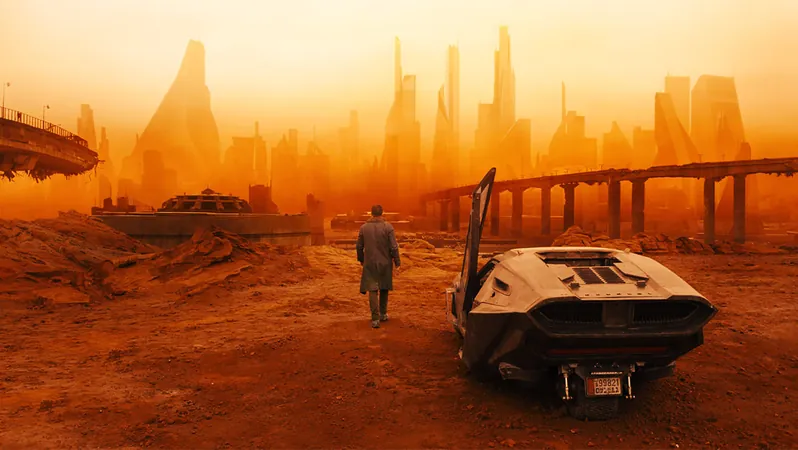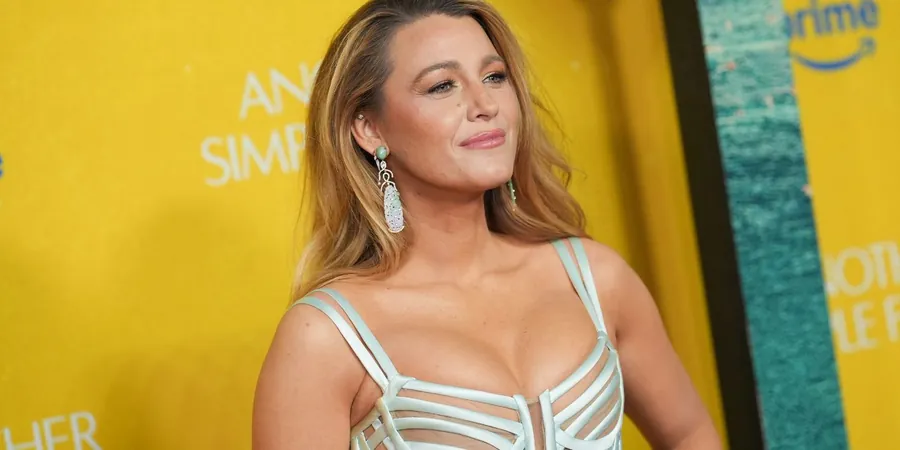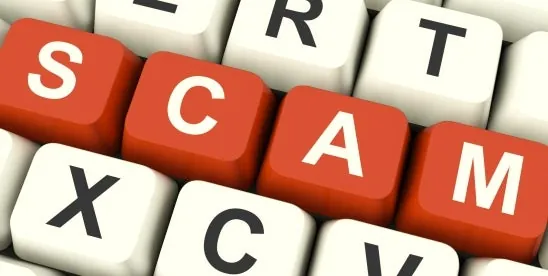
Major Victory for Tesla and Warner Bros.: Court Dismisses Key Claims in Blade Runner 2049 Lawsuit
2025-04-08
Author: Kai
Court Ruling Overview
In a significant ruling, a federal judge has trimmed the claims in a lawsuit brought by Alcon Entertainment against Tesla and Warner Bros. Discovery (WBD), which accused them of unauthorized use of images from Blade Runner 2049 in a promotional campaign.
Judge's Decision Details
U.S. District Judge George Wu announced on Monday that while several trademark claims from Alcon were dismissed, specific copyright allegations will still move forward. This legal battle emerged from Tesla's promotional partnership with WBD surrounding the launch of their new robotaxi, highlighted by an extravagant event held last year. During the presentation, CEO Elon Musk introduced the vehicle, described as a 'cybercab,' alongside a striking image of a character reminiscent of the film, clad in a trench coat standing amid the desolate, orange-tinged ruins of a city—similar to scenes from Blade Runner 2049 featuring Ryan Gosling’s character.
Impact on AI and Copyright Law
The case has raised important questions about the intersection of artificial intelligence and copyright law, particularly whether the reproduction of copyrighted visuals through AI tools constitutes infringement. Tesla contended that Alcon's claims were speculative and lacked substantial evidence, suggesting that the accusations were based 'on information and belief.'
Last-Minute Request and AI Allegations
Judge Wu's ruling acknowledged the unique circumstances surrounding Tesla's last-minute request to use material from Blade Runner 2049, which was denied just before the presentation. The judge noted that this tight timeline could support Alcon's claims that AI technology may have been used to recreate the contested imagery. 'Given the tight timeframe Musk and Tesla were working with in light of their last-minute request, it is not implausible for Plaintiff to allege… they made use of an AI image-generator,' Wu asserted.
Outcomes for Tesla and WBD
While the court allowed various copyright claims to proceed against Tesla, WBD managed to dodge most allegations, retaining only a single claim of contributory infringement, which holds the studio allegedly accountable for indirectly facilitating the improper actions. The court clarified that Warner Bros. played no supervisory role over Tesla’s promotional efforts.
Dismissal of Lanham Act Claims
In a notable win for both Tesla and WBD, the court dismissed claims of infringing the Lanham Act, a federal trademark statute focused on false associations. The ruling indicated that despite Musk referencing Blade Runner, he did not mislead audiences regarding the film's origin. Judge Wu emphasized that the two entities operate in completely different spheres: 'Tesla and Musk are looking to sell cars; Plaintiff is plainly not in that line of business.'
Future Implications
The court indicated that while Alcon may be permitted to revise its copyright claims, it ruled that attempts to amend the claims connected to the Lanham Act would likely be futile. As the lawsuit continues, it opens a broader dialogue on the implications of AI in creative industries and the potential responsibilities of tech companies when borrowing from established intellectual property. The outcome of this case could have far-reaching consequences in defining the boundaries of copyright in an increasingly digital age, especially as AI becomes more integrated into marketing and media production.



 Brasil (PT)
Brasil (PT)
 Canada (EN)
Canada (EN)
 Chile (ES)
Chile (ES)
 Česko (CS)
Česko (CS)
 대한민국 (KO)
대한민국 (KO)
 España (ES)
España (ES)
 France (FR)
France (FR)
 Hong Kong (EN)
Hong Kong (EN)
 Italia (IT)
Italia (IT)
 日本 (JA)
日本 (JA)
 Magyarország (HU)
Magyarország (HU)
 Norge (NO)
Norge (NO)
 Polska (PL)
Polska (PL)
 Schweiz (DE)
Schweiz (DE)
 Singapore (EN)
Singapore (EN)
 Sverige (SV)
Sverige (SV)
 Suomi (FI)
Suomi (FI)
 Türkiye (TR)
Türkiye (TR)
 الإمارات العربية المتحدة (AR)
الإمارات العربية المتحدة (AR)